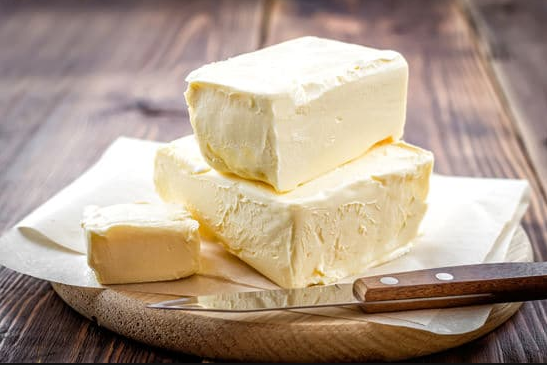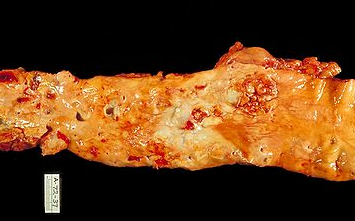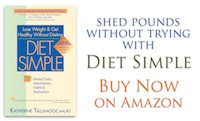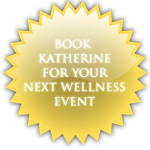Is Butter Good For You?
- At April 10, 2017
- By Katherine
- In Articles, News
 0
0
Butter is Back! And it’s even good for you? These declarations can be illustrated by the dizzying array of delicious butters now available: besides the old-fashioned American butters, you can easily find the extra rich Irish and French Butters, and a variety of premium, grass-fed, and organic farmers market butters extolled for their superiority, and with a premium price tag to match. Is this a food lover’s dream come true? Even some nutritionists have joined the bandwagon, and yours truly has been confused.
This seemingly good news may have started with the widely read earth shattering 2002 New York Times Magazine story, “What if it’s All Been a Big Fat Lie?” by Gary Taubes, featuring a big, fat, juicy piece of steak on the cover. More recently, Mark Bitman wrote a 2014 New York Times story covering a scientific study in the March 2014 Annals of Internal Medicine journal concluding that eating saturated fat, the so-called artery-clogging, demonic fat in butter, did not raise a person’s risk of heart disease. This exciting news, covered in just about every print and broadcast media outlet around the world, seemed to reverse decades of medical advice saying the opposite was true.
So, how do we hash out the truth?
This is an important question as one in every four deaths of Americans are from heart disease, so it’s a critical issue concerning the health of the majority of Americans – and my clients, who rely on me to get it right. After all, what’s more important than your health?
Upon exhaustive research, I’ve found the answer, interestingly, is not too different than conclusions made by Harvard scientist, Ancel Keys, and other respected scientists in the 1950s, 60s, and 70s: that the type of fat – not total fat – is responsible for the rise in heart disease because of its affect on blood cholesterol levels.
But how important is blood cholesterol level? A multitude of factors increase heart disease risk, such as calcification, inflammation, blood pressure, high triglycerides, diabetes, obesity, inactivity, smoking, family history, gender, and age. But, apparently, the correlation between high LDL(bad) cholesterol levels and heart disease has been well established and is still deemed significant to your risk of heart disease and your health. Conclusion: Keep LDL low (under 100) and HDL high (Over 40) to prevent heart disease risk.
And the most recent clinical study – the gold standard of scientific studies – has confirmed the worst (if you’re a butter lover, that is): Replacing the saturated fat in butter with unsaturated oils, not only raises HDL (good) cholesterol – which clears fat and reduces placque in the arteries – using oils instead of butter also reduces artery-clogging LDL (bad) cholesterol from the bloodstream. Conclusion: Use oil instead of butter to reduce heart disease risk. So, it seems the advice hasn’t changed since Ancel Keys discovered the superior health of Mediterraneans who used oil instead of butter.
In a recent Harvard School of Public Health’s analysis of the controversy, the scientists review decades of research showing the successful reduction in heart disease risk by doing things like replacing butter (high in saturated fat) with oil, replacing steak with salmon, and eating a plant-based diet based on fruits, vegetables and whole grains for the reduction of LDL cholesterol, the increase in HDL cholesterol, the resulting effect on lowering heart disease risk, and improving your overall health. Conclusion: “Butter is not back!” said Harvard’s Walter Willett.
So, what about those New York Times articles? Well… Caveat Emptor! Don’t believe everything you read, and consider the source (be sure the information comes from a peer-reviewed, scientific journal, and compare it to other established science).
To say this Swede, raised on cream and butter, is disappointed, is an understatement! But I still use luxurious butter sparingly, when I deem necessary!
And it’s a relief to know that all these years, helping my hundreds of clients lower their LDL and raise their HDL cholesterol levels by substituting butter with healthy oils and other lifestyle changes has not been a waste! WHEW! No rioting necessary 🙂
For more fabulous tips and simple, effective ways to lose weight,
buy her book, Diet Simple!











